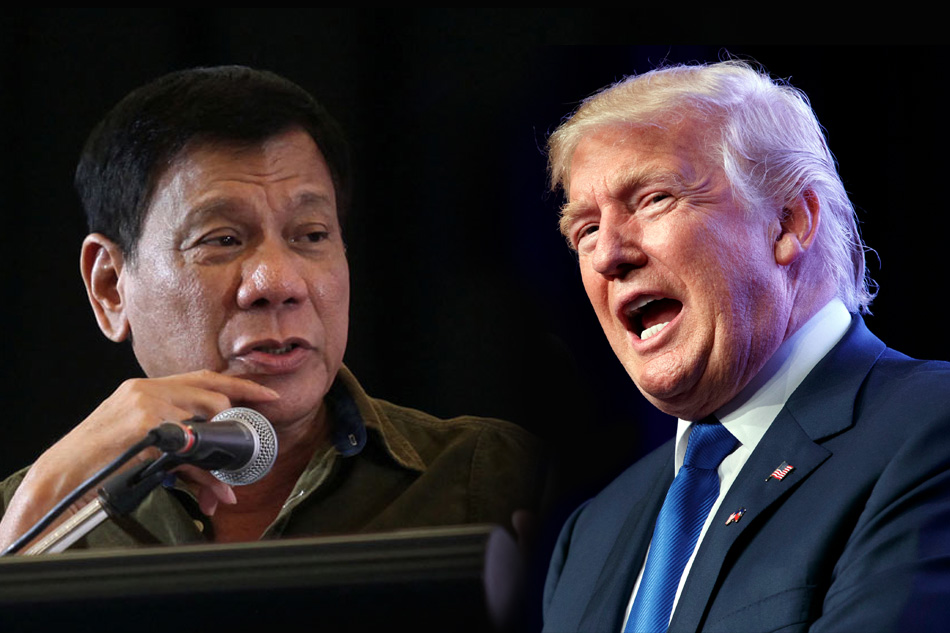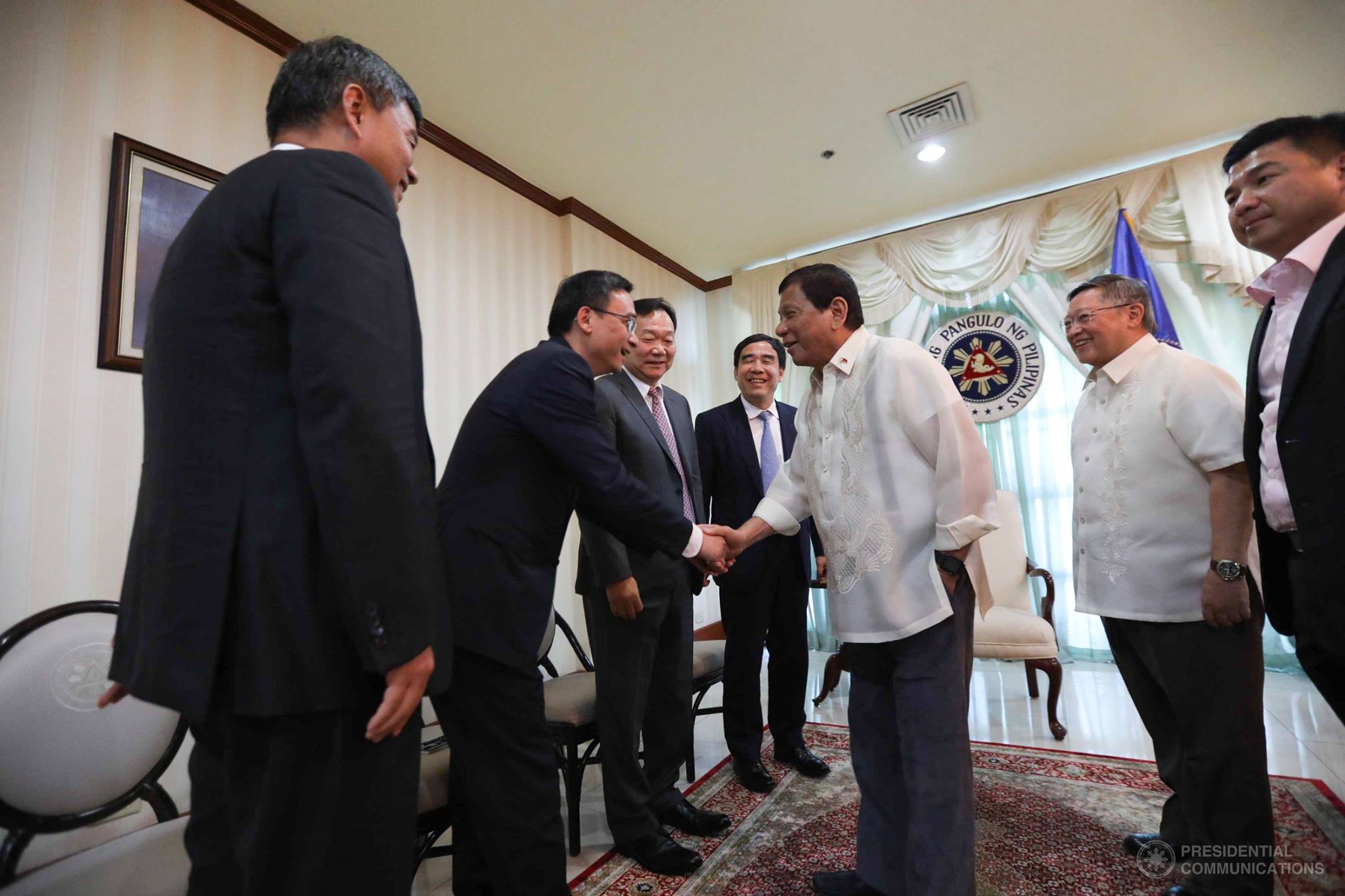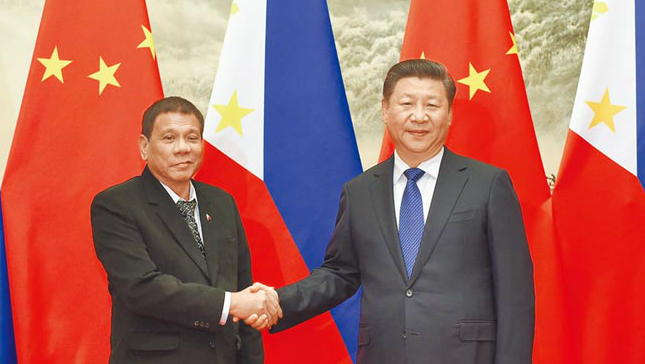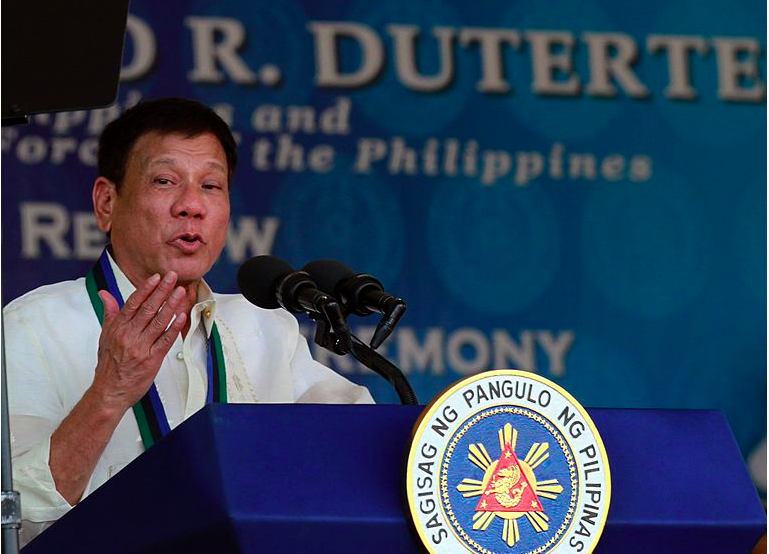Commentaries
The views expressed are the author's alone and do not constitute official positions of APPFI.
The views expressed are the author's alone and do not constitute official positions of APPFI.

Image taken from The Philippine Star
In November last year, Donald Trump won the United States’ Presidential elections, consequently kickstarting a new US foreign policy. During his campaign, Trump advocated a domestic-focused America and a reduced global role - threatening to move away from traditional allies, pull away from defense treaties, and withdraw from trade negotiations and partnerships.
Six months after Rodrigo Duterte brought home $24 billion in pledges from China, the Philippines seems to be speeding up the implementation of the 13 bilateral agreements signed during his state visit, as these will aid the administration’s goal for the country to enter into a golden age of infrastructure.

Philippine President Rodrigo Duterte met with the top executives from Bank of China on April 8, 2017.
Even during his candidacy for president, Duterte had been clear on his preference for friendly relations with China. In one gathering where he was invited to speak, he vowed to ask the country to help the Philippines build railways and set aside differences for the meantime. Indeed, once he was seated in office, the two neighboring states reopened bilateral talks—commencing with Duterte’s state visit in October last year. High-level meetings followed the visit to iron out implementation details of the agreements.
Although critics often point to the apparent discrepancies and unpredictability in Philippine foreign policy as expressed by its chief architect, President Rodrigo Roa Duterte, several emerging consistencies can be gathered. In the same vein as other countries that opted not to spell out the specifics of their foreign policy strategy, especially on critical and sensitive issues, in order to have ample room for maneuver and negotiation, these incipient consistencies have yet to be formally articulated in a coherent form, more so applied in reference to a certain foreign policy priority. Although not definitive, an appreciation of some of these nascent consistencies can give one a better outlook of the continuously evolving Philippine diplomacy. Furthermore, beyond his infamous rhetoric which surely played a lot in getting him Times’ 2017 Most Influential Person Award, Duterte’s actions, by and large, resonate as regional responses to the brewing US-China tussle.


Photo from Philippine Presidential Communications Operations Office
Article II, section VII of the 1987 Philippine Constitution provides: “The State shall pursue an independent foreign policy. In its relations with other states, the paramount consideration shall be national sovereignty, territorial integrity, national interest, and the right to self-determination.” In practice, successive Philippine presidents rarely labeled Philippine foreign policy as “independent,” albeit occasionally mentioning the term as part of their rhetoric.
In a stark departure from his predecessors, President Rodrigo Duterte has repeatedly declared that his administration “will pursue an independent foreign policy.” As to what an “independent foreign policy” means became the subject of various discussions. For their part, senior government officials have provided rather broad principles as to how such a policy would take shape. However, in a televised interview last 3 April 2017, the new Philippine top diplomat to China, Ambassador Jose Santiago “Chito” Sta. Romana, provided a more detailed account of the elements of Duterte’s independent foreign policy and how it would figure in the broader strategic environment. It is thus far the most thorough explanation of an independent foreign policy to come from a Duterte administration official.